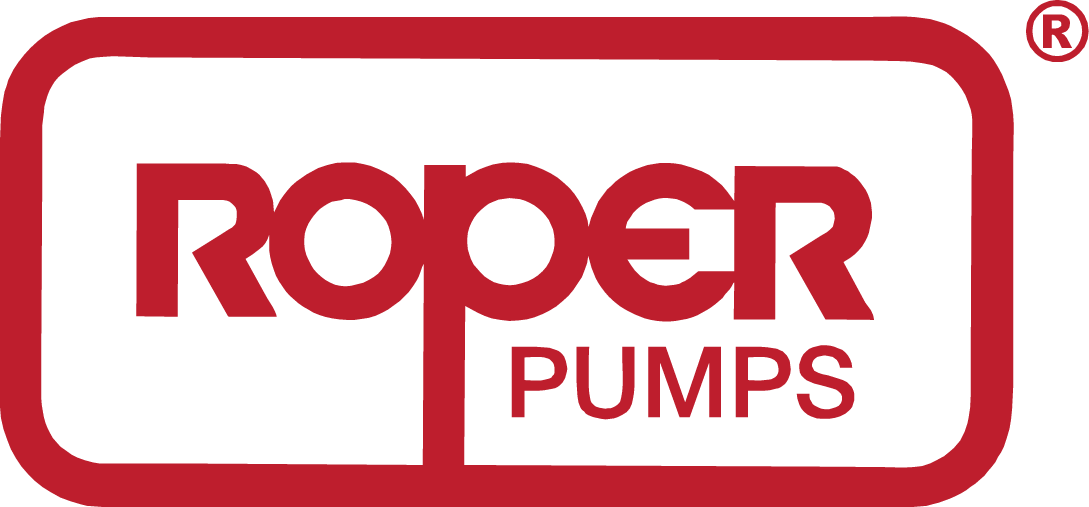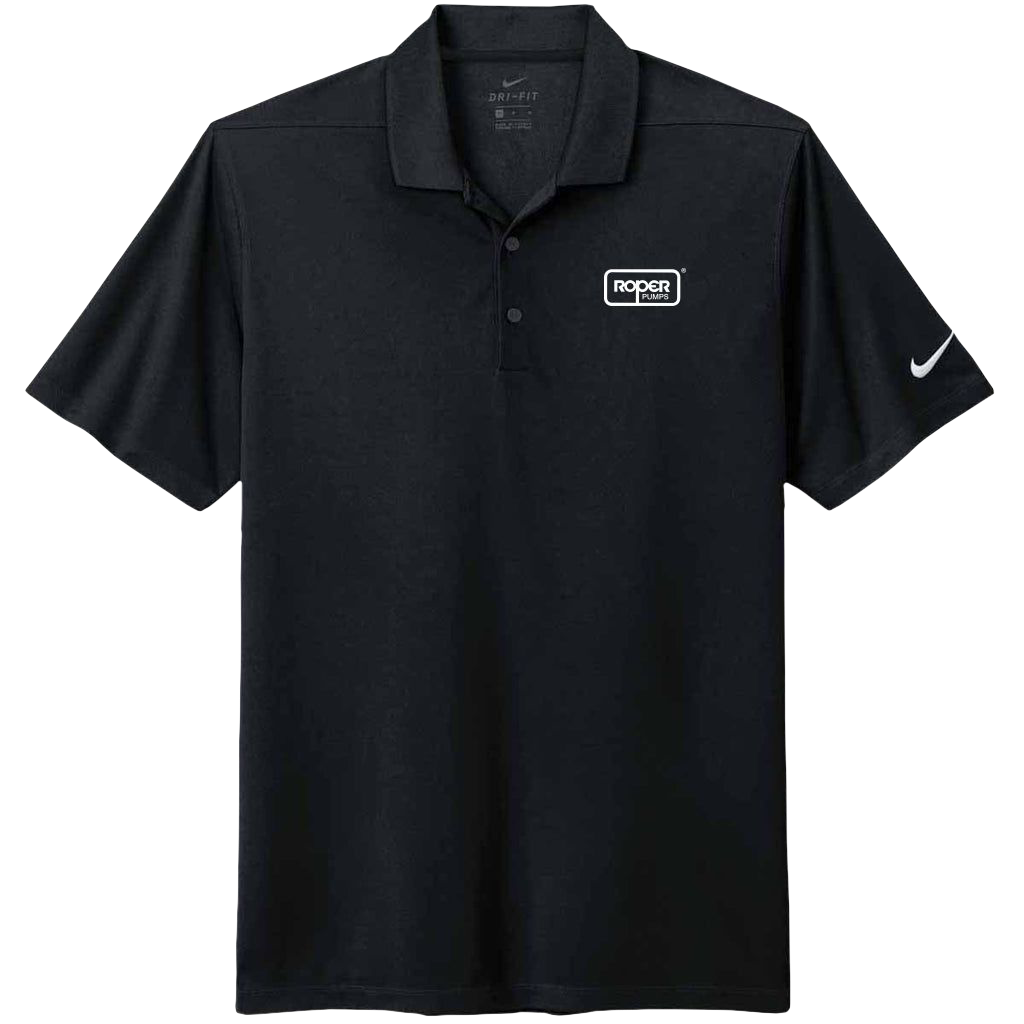In the complex world of manufacturing, precision is everything. Whether it’s delivering exact amounts of lubricants, chemicals, or other fluids, maintaining consistent flow rates can significantly impact product quality and operational efficiency. This is where bombas de engranajes come into play — providing the accuracy, reliability, and durability essential for modern manufacturing processes.
This article explores why gear pumps are indispensable for precision fluid transfer, especially focusing on the role of the chemical gear pump in handling demanding applications. We’ll examine how these pumps work, their benefits, key applications, and factors to consider when choosing the right pump for your manufacturing needs.

What Are Gear Pumps?
Gear pumps are a type of positive displacement pump that moves fluids by using the meshing of gears to transfer fluid from the inlet to the outlet. The two primary types are external and internal gear pumps, but both rely on the same principle: as the gears rotate, fluid is trapped between the gear teeth and the pump casing, moving it steadily through the system.
How Gear Pumps Work:
- Fluid enters the pump as the gears rotate, filling the spaces between teeth.
- Fluid is carried around the outer casing as the gears continue to turn.
- Fluid is pushed out at the discharge side under pressure.
This mechanism allows gear pumps to produce a smooth, consistent flow regardless of the fluid’s viscosity or the system’s pressure variations.
Why Precision Matters in Fluid Transfer
In manufacturing, inaccurate fluid delivery can lead to product defects, equipment damage, or wasted materials. Whether it’s dispensing adhesives, oils, or chemical additives, every drop counts. Precision fluid transfer ensures:
- Consistent product quality: The right amount of fluid must be applied uniformly.
- Process efficiency: Prevents overuse or underuse of costly fluids.
- Equipment longevity: Proper lubrication and chemical dosing extend machinery life.
- Environmental compliance: Minimizes spills and reduces waste.
Gear pumps are engineered to meet these needs by providing steady, pulse-free flow with excellent control over fluid volumes.
The Role of Chemical Gear Pumps in Manufacturing
A specific subset of gear pumps, known as chemical gear pumps, is designed to handle aggressive, corrosive, or hazardous fluids. These pumps use materials resistant to chemical attack, such as stainless steel, Hastelloy, or specialized polymers, to ensure durability and safety.
Why Chemical Gear Pumps Are Essential:
- Corrosion resistance: Ideal for transferring acids, solvents, and other harsh chemicals.
- Leak-tight operation: Minimizes risk of leaks that could be hazardous or costly.
- High precision: Delivers exact fluid volumes for sensitive chemical processes.
- Low shear: Maintains fluid integrity, important for sensitive formulations.
In manufacturing sectors like pharmaceuticals, petrochemicals, and coatings, chemical gear pumps enable safe, reliable fluid transfer critical to product quality and worker safety.
Key Benefits of Using Gear Pumps for Manufacturing
Beyond precision, gear pumps offer several operational advantages that make them a preferred choice in manufacturing:
1. High Reliability and Durability
Gear pumps have fewer moving parts compared to other pumps, reducing the risk of failure. The robust construction allows them to withstand harsh industrial environments with minimal maintenance.
2. Versatility Across Fluids
From light oils to heavy syrups, gear pumps can handle a wide range of fluid viscosities. This versatility means manufacturers can use the same pump type for different applications, simplifying inventory and training.
3. Compact Size and Ease of Integration
Gear pumps are generally compact and can be easily integrated into existing systems or machinery, which helps save space on factory floors.
4. Consistent Flow at Various Pressures
Their positive displacement nature means flow remains steady even if pressure fluctuates, ensuring precise dosing or transfer regardless of system demands.
Applications of Gear Pumps in Manufacturing
The reliability and precision of gear pumps make them indispensable across multiple manufacturing sectors:
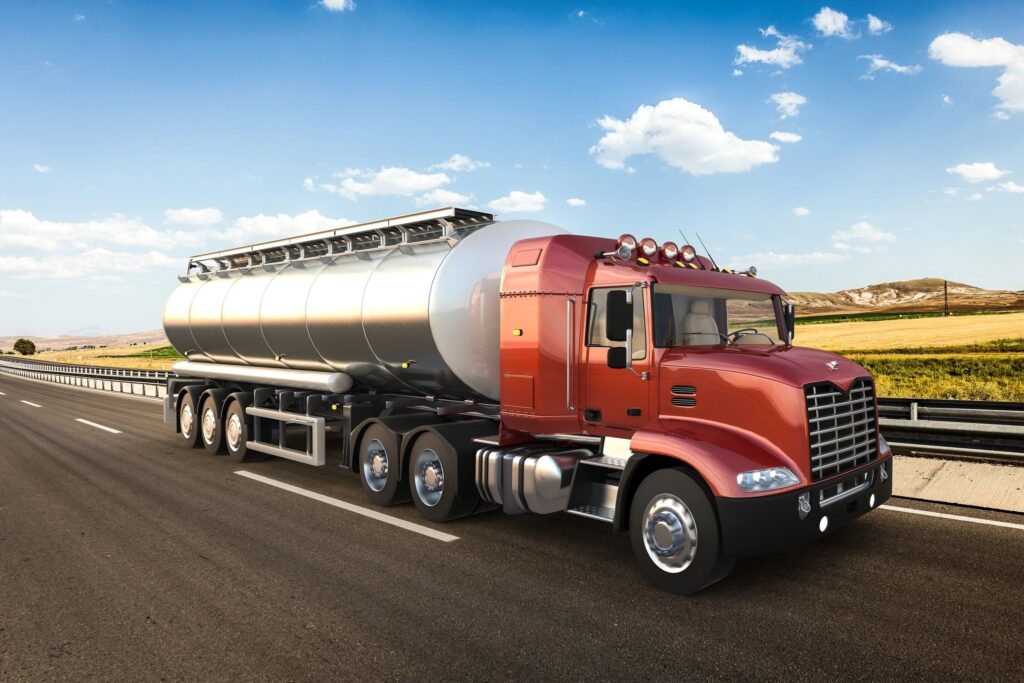
Automotive Industry
Accurate delivery of lubricants, hydraulic fluids, and fuel additives is essential for vehicle assembly lines and testing equipment.

Food and Beverage
Gear pumps gently transfer viscous syrups, flavorings, and oils, maintaining product integrity without contamination.
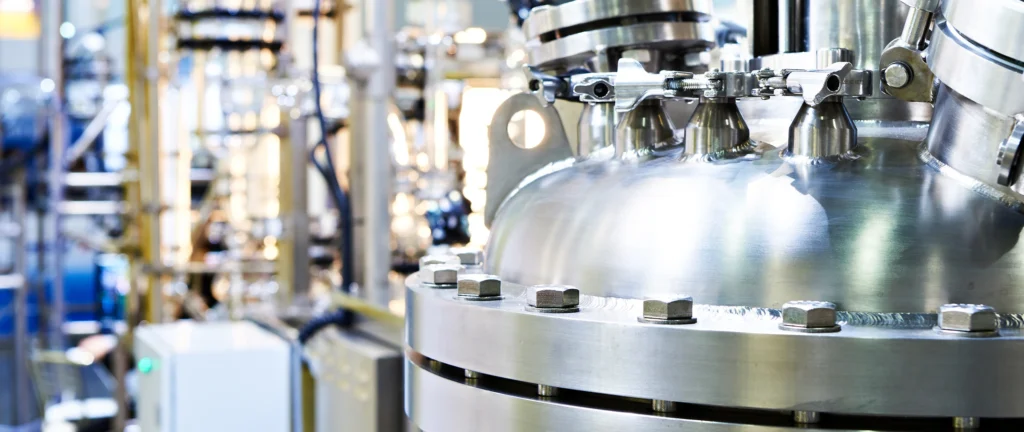
Chemical Manufacturing
Chemical gear pumps handle acids, bases, and solvents safely, enabling precise blending and processing.

Productos farmacéuticos
In pharmaceutical production, exact dosing of active ingredients is critical. Gear pumps offer the necessary control and cleanliness.
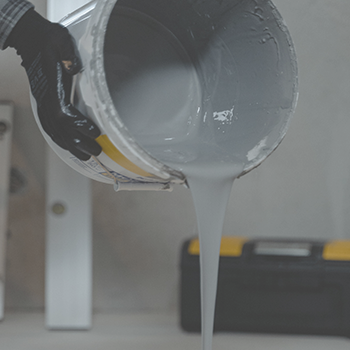
Paints and Coatings
Consistent fluid flow ensures proper color mixing and coating application, reducing waste and defects.
What to Consider When Choosing Gear Pumps
Selecting the right gear pump depends on several factors that influence performance and longevity:
- Fluid Compatibility: Evaluate the chemical nature of your fluid and select pump materials that resist corrosion and wear.
- Flow Rate and Pressure Requirements: Determine the volume and pressure your process demands to size the pump correctly.
- Temperature Range: Some manufacturing fluids operate at extreme temperatures—make sure the pump components are rated accordingly.
- Maintenance and Accessibility: Consider ease of servicing and parts availability to minimize downtime.
- Regulatory Compliance: For food, pharmaceutical, or chemical applications, ensure the pump meets relevant sanitary or safety standards.
Maintenance Tips for Optimal Performance
To maximize the lifespan of gear pumps and avoid unexpected downtime, manufacturers should:
- Conduct regular inspections for wear and leakage.
- Monitor pump performance indicators like flow rate and pressure.
- Use recommended lubricants and follow manufacturer guidelines.
- Replace seals and components proactively before failure occurs.
Precision Matters and Gear Pumps Deliver
In the competitive world of manufacturing, precision fluid transfer is a cornerstone of efficiency and quality. Gear pumps—and especially chemical gear pumps—offer a proven solution that combines accuracy, durability, and versatility.
By understanding their unique advantages and choosing the right pump for the job, manufacturers can improve product consistency, reduce waste, and maintain uninterrupted production. Whether you’re working with aggressive chemicals, viscous liquids, or sensitive formulations, gear pumps play a vital role in keeping your operations running smoothly and precisely.
